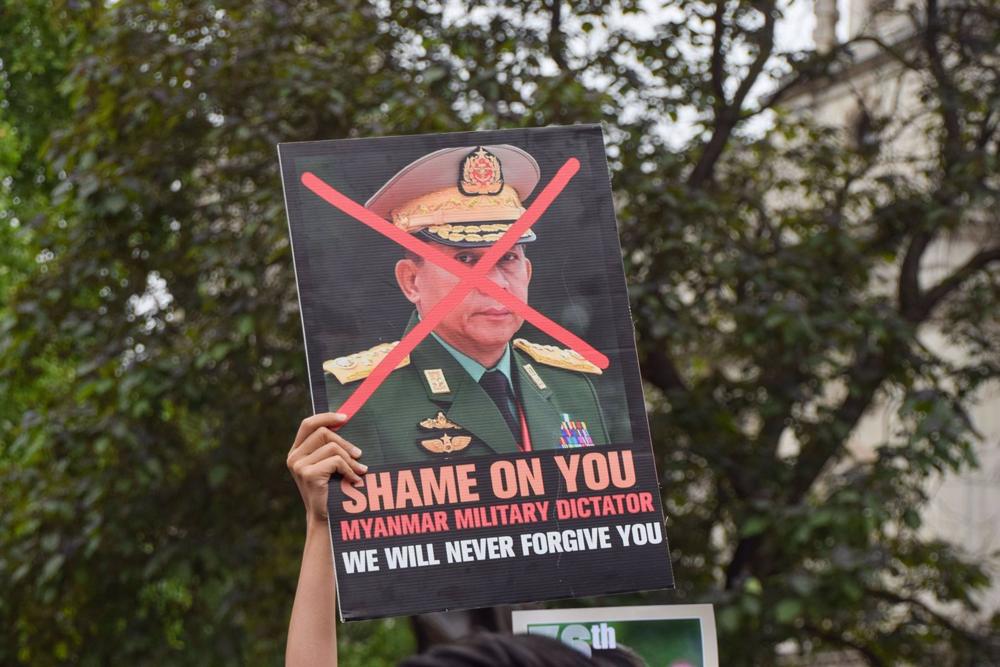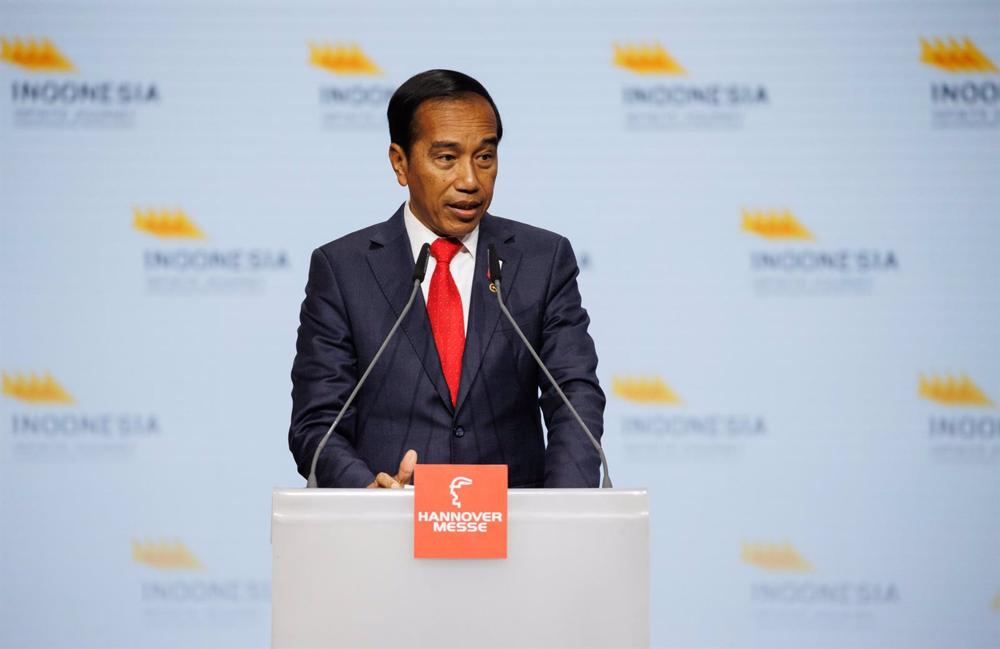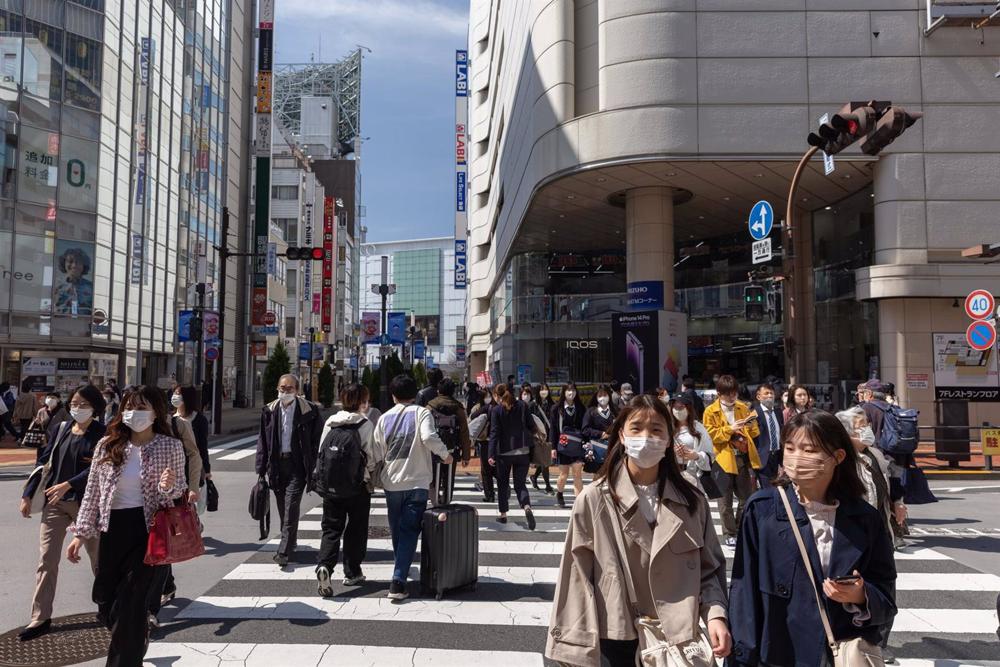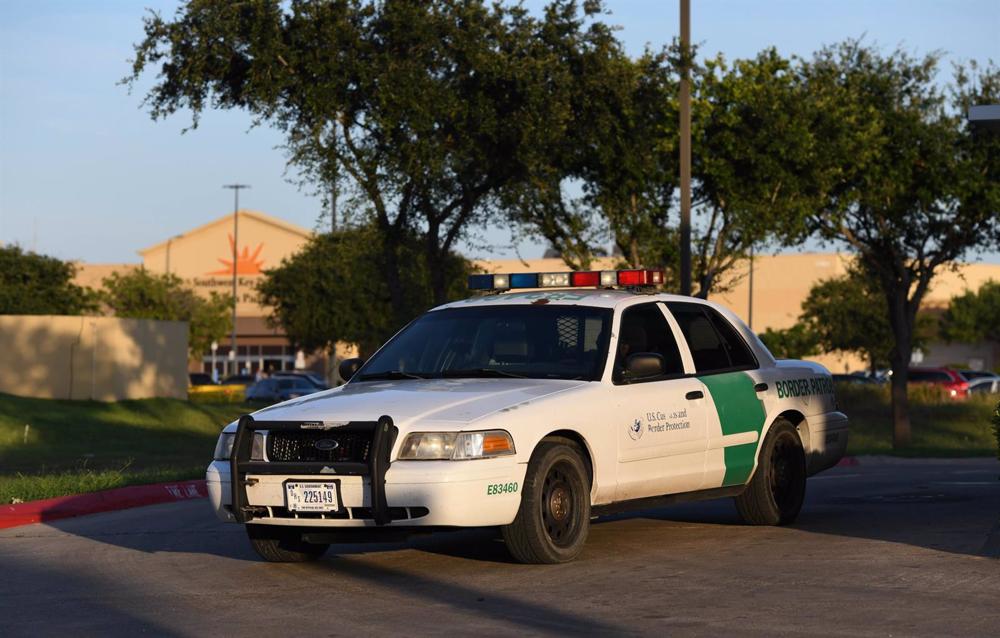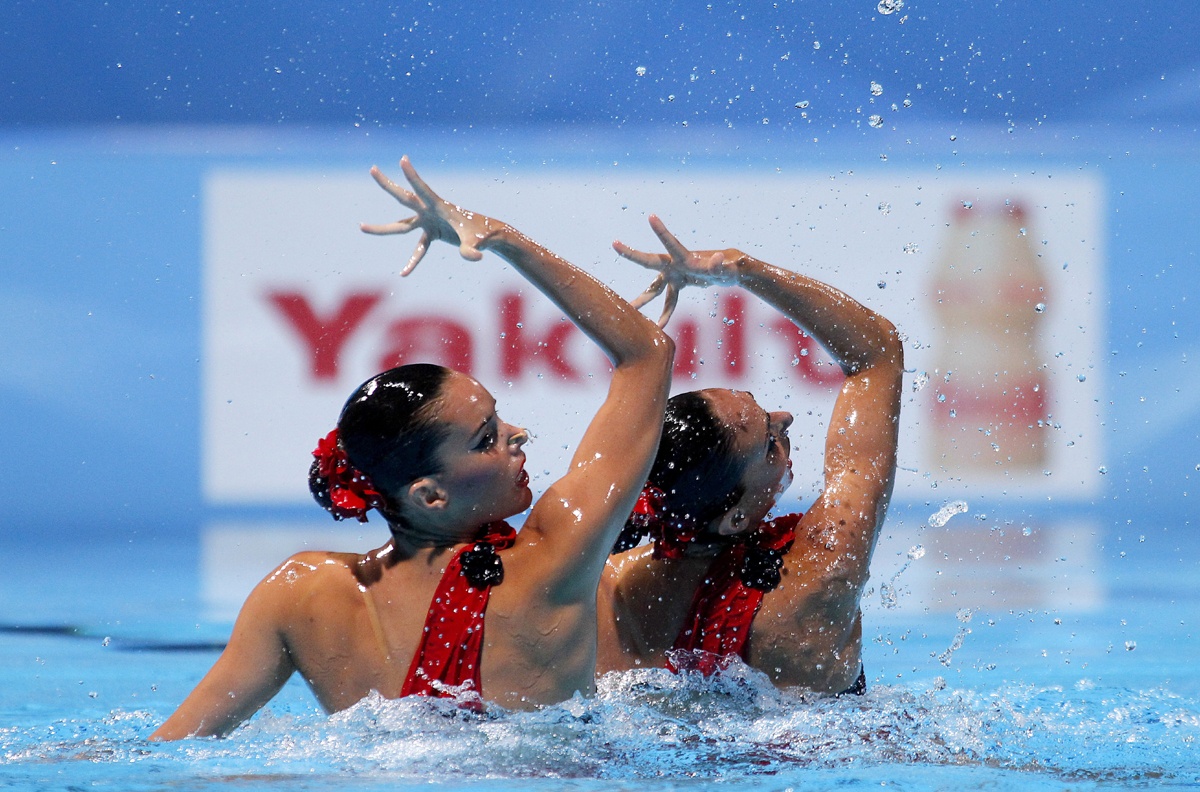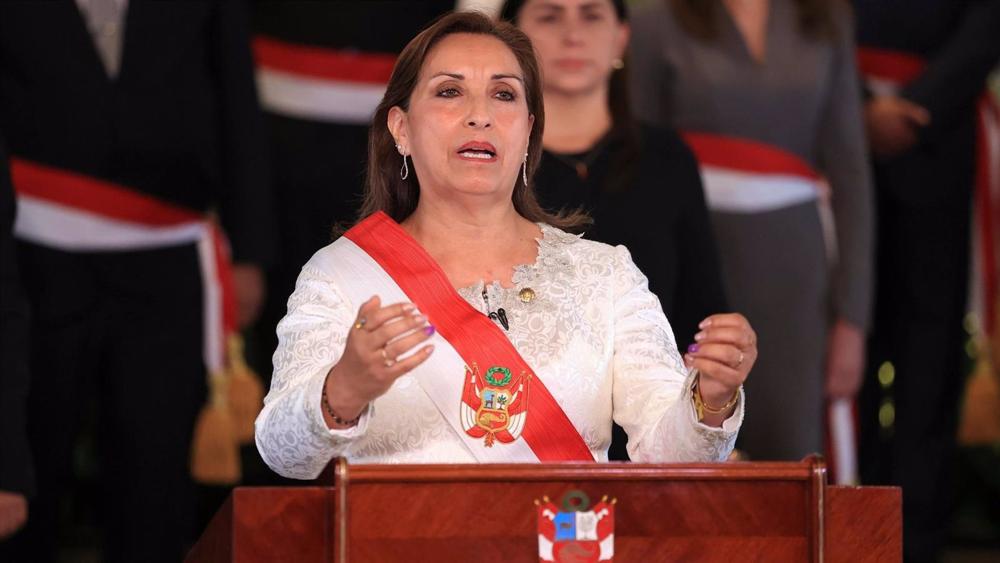
The president of Peru, Dina Boluarte, has expressed her condolences for the death of seven people in the clashes that took place this Thursday at the airport of the Peruvian department of Ayacucho, in the center of the country.
«We mourn the tears of the mothers in Ayacucho and suffer the pain of the families throughout the country (…) My deep condolences to the bereaved,» said the Peruvian president in a message on the social network Twitter, calling for peace.
Boluarte has regretted the death of more Peruvians, all this on the first day of the state of emergency, in which nine people have lost their lives across the country, bringing the total number of deaths to 17.
This has been confirmed in a statement by the Peruvian Ministry of Health, which has detailed that of the total number of victims on Thursday, seven have died in the department of Ayacucho and two in La Libertad.
The Regional Health Directorate of Ayacucho has detailed that, in addition to the deaths, 52 people have been injured in the clashes against security forces when they tried to invade the Alfredo Mendívil Duarte National Airport.
«Ambulances from the Santa Elena Health Center, Samu, Firefighters of Peru and health brigadistas are mobilized for the first attentions and transfer to the nearest health facilities,» the Ayacucho health directorate has detailed.
The other two deaths on Thursday took place in the department of La Libertad, also during the protests against the Peruvian government, although it is not known under what conditions.
The latest deaths take place in the midst of the strong protests that are taking place throughout Peru after the removal and arrest of former President Pedro Castillo on December 7. Protesters are calling on the country’s new president, Dina Boluarte, to dissolve Congress and call for new general elections.
The Peruvian government has decreed a 30-day national state of emergency in response to the protests in support of former president Pedro Castillo.
The Executive has also declared an emergency in the National Road Network, allowing the Army to take to the streets in an effort to protect the country’s strategic points, including airports, hydroelectric plants and other key infrastructure, such as highways.
